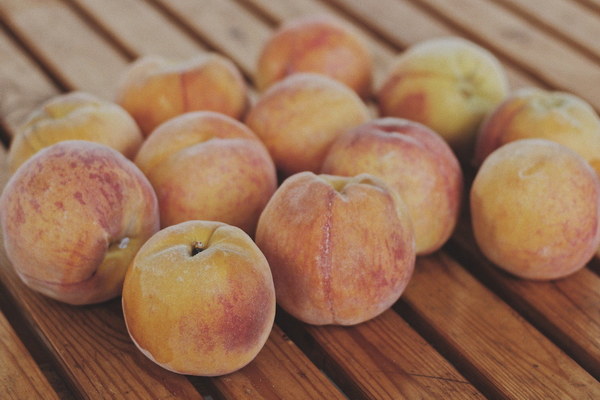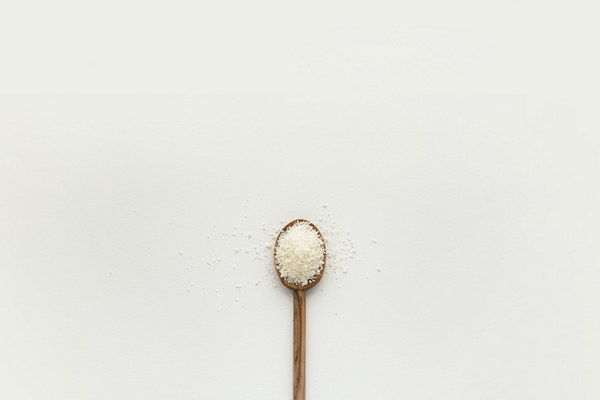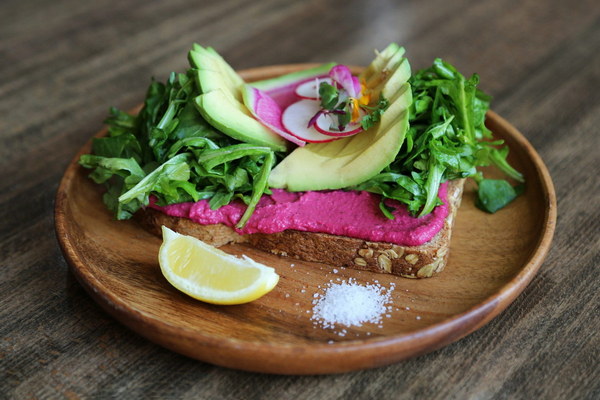Is It Necessary to Have a Balanced Diet and Exercise Regimen for Anti-Aging
In the pursuit of eternal youth, countless individuals have turned to anti-aging products, treatments, and regimens. However, one of the most crucial elements that often goes overlooked is the balance between diet and exercise. This article aims to explore whether it is necessary to have a balanced diet and exercise regimen for anti-aging.
Firstly, it is essential to understand that aging is a natural process influenced by various factors, including genetics, environment, and lifestyle choices. While we cannot entirely halt the aging process, we can certainly slow it down and improve the quality of life in our later years. A balanced diet and regular exercise play a vital role in achieving this goal.
A balanced diet is the cornerstone of anti-aging. Nutrients obtained from food can provide the necessary fuel for our bodies to function optimally and combat the effects of aging. Here are some key components of an anti-aging diet:
1. Antioxidants: These substances combat free radicals, which are unstable molecules that can damage cells and accelerate the aging process. Foods rich in antioxidants include berries, dark chocolate, green tea, and leafy greens.
2. Essential Fatty Acids: Omega-3 and omega-6 fatty acids are crucial for maintaining healthy skin, joints, and brain function. Sources of these fatty acids include fatty fish, flaxseeds, chia seeds, and walnuts.
3. Protein: Adequate protein intake is essential for maintaining muscle mass and strength, which decline with age. Lean sources of protein include poultry, fish, tofu, and legumes.

4. Vitamins and Minerals: Vitamins C, D, E, and K, as well as minerals like selenium, zinc, and iron, are vital for maintaining overall health and combating aging. Fruits, vegetables, nuts, and whole grains are great sources of these nutrients.
Regular exercise complements a balanced diet in the anti-aging process. Physical activity can improve cardiovascular health, enhance muscle strength, boost mental well-being, and promote better sleep. Here are some exercise benefits for anti-aging:
1. Improved Cardiovascular Health: Exercise strengthens the heart and improves blood circulation, which can reduce the risk of heart disease and stroke. This, in turn, contributes to a longer, healthier life.
2. Increased Muscle Strength: As we age, muscle mass tends to decrease, which can lead to weakness and decreased mobility. Regular resistance training can help maintain muscle strength and prevent falls and injuries.
3. Enhanced Brain Function: Exercise has been shown to improve cognitive function, reduce the risk of dementia, and slow down the aging process in the brain. Activities such as yoga, tai chi, and dance can be particularly beneficial for brain health.
4. Better Sleep: Regular exercise can help regulate sleep patterns and improve the quality of sleep, which is essential for overall health and well-being.
While a balanced diet and regular exercise are crucial for anti-aging, it is essential to remember that there is no one-size-fits-all approach. Individual needs may vary based on age, gender, genetics, and overall health. Consulting with a healthcare professional or a nutritionist can help tailor a diet and exercise regimen that suits your specific needs.
In conclusion, having a balanced diet and exercise regimen is necessary for anti-aging. A well-rounded diet provides the necessary nutrients to combat the effects of aging, while regular exercise helps maintain physical and mental well-being. By adopting these healthy habits, we can not only slow down the aging process but also enjoy a better quality of life in our later years.









